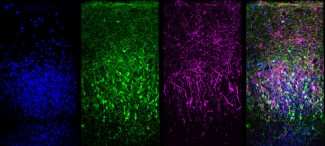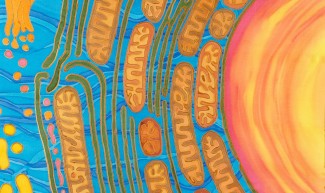From Parkinson disase mutations to motor dysfunction & rehabilitation
The DBS program is grounded on 2 central questions:
- What are the dysfunctional motor circuits caused by genes underlying Parkinson's disease?
- Can we circumvent them by linking previously compartmentalized scales of observation.
The major cross-sectional DBS project is an exciting collaborative, interdisciplinary and multi-species initiative at the Paris Brain Institute. By bridging approaches from human genetics, cellular neurobiology, computational approaches, physiology of motor circuits from genetic model organisms to humans, our aim is to build novel strategies to stimulate resilient motor circuits in Parkinson’s disease. The originality of the DBS project lies in its interdisciplinary approach involving duos of researchers from different fields of neuroscience with very different backgrounds who will closely train the next generation of fellows.
The aims of the project
The DBS project has 3 main aims:
Aim 1: Link PD mutations/variants to motor defects & cellular dysfunctions.
We will decipher molecular, cellular and network mechanisms of Parkinson’s disease by investigating uncharacterized mutations in PD patients and validating them in genetic model organisms (nematodes, flies, zebrafish) and human-induced pluripotent stem cells (hiPSCs).
Aim 2: Link PD mutations/variants to dysfunctions of dopaminergic neurons.
We will specifically investigate early functional defects of dopaminergic neuron during early development in organoids and assembloids, and screen drugs.
Aim 3: Target resilient brainstem neurons downstream of dopaminergic signaling.
We will investigate markers for resilient motor circuits that can trigger locomotion and that could be specifically stimulated using genetic-based non-invasive approaches such as ultrasounds and sonogenetics. The program will ultimately enable new treatment pathways by stimulating resilient motor circuits in patients.







